The Regulatory Conspiracy: Understanding the Plot Against Crypto, CZ, and Binance Orchestrated by the USA SEC and Big Banks

Welcome to our in-depth exploration of the intriguing relationship between the USA Securities and Exchange Commission (SEC), big banks, and the world of cryptocurrencies. As the crypto industry continues to experience exponential growth, it has become increasingly vital to examine the intricate connections that shape its trajectory.
In this article, we delve into the mounting concerns surrounding the alleged coordination between the USA SEC and big banks, and how it impacts the thriving crypto ecosystem, particularly the renowned figure CZ and the well-established crypto exchange, Binance. By uncovering the potential collusion between these entities, we aim to shed light on the broader implications for the crypto industry.
Join us as we embark on a captivating journey to unravel the nexus that exists between the regulatory landscape, traditional financial institutions, and the disruptive force of cryptocurrencies. Through comprehensive analysis, we seek to bring transparency to this complex web of relationships and understand its ramifications for CZ, Binance, and the entire crypto community.
Stay tuned for an in-depth exploration of the regulatory landscape, the motivations of big banks, the targeted actions against CZ and Binance, and the broader implications for the crypto industry and its stakeholders. Through this examination, we hope to facilitate a deeper understanding of the intricate dynamics at play and explore potential solutions for a harmonious coexistence between regulators, big banks, and the innovative world of cryptocurrencies.
So, without further ado, let’s dive into the heart of the matter and unveil the connections between the USA SEC, big banks, and their impact on crypto, CZ, and Binance.
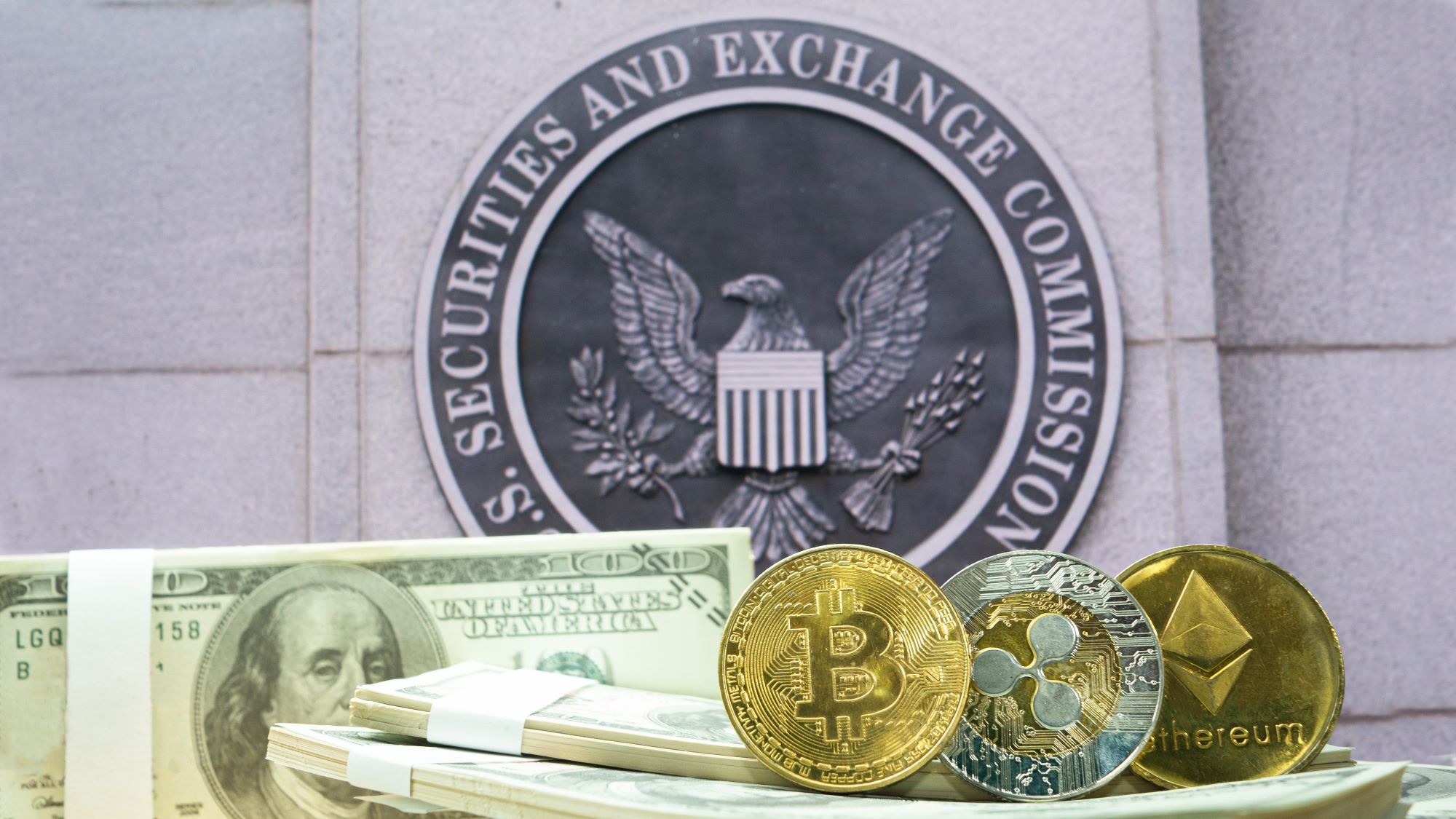
An Overview of the USA SEC’s Regulatory Role
Understanding the Role of the USA SEC in Safeguarding Investors and Maintaining Market Integrity
As an investor in the ever-evolving world of cryptocurrencies, it is crucial to comprehend the role of regulatory bodies like the USA Securities and Exchange Commission (SEC) in protecting your interests and ensuring a fair and transparent marketplace. The USA SEC serves as a guardian, responsible for maintaining market integrity and safeguarding investors against fraudulent practices within the securities industry.
The primary objective of the USA SEC is to instill confidence in the financial markets by enforcing regulations that promote fairness, transparency, and investor protection. By regulating securities offerings, exchanges, and brokers, the SEC aims to prevent market manipulation, fraudulent activities, and misleading disclosures that could harm investors.
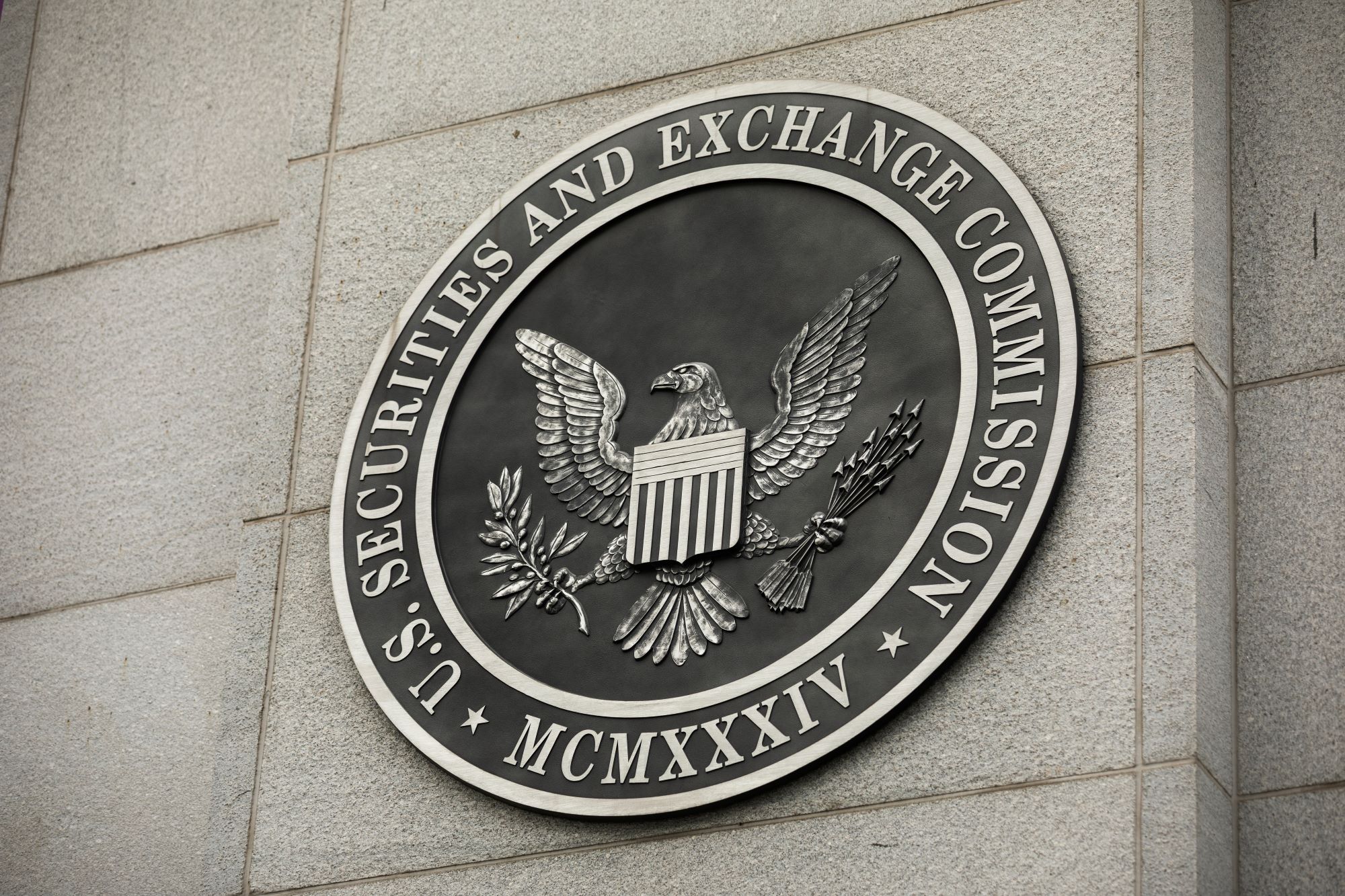
Challenges Faced by the USA SEC in Regulating the Rapidly Evolving Crypto Landscape
However, the rapid growth and innovation within the crypto landscape have presented unique challenges for the USA SEC. Cryptocurrencies operate on decentralized networks, often transcending traditional regulatory boundaries. This decentralized nature, coupled with the ever-evolving technology behind cryptocurrencies, poses hurdles in effectively regulating this emerging market.
One of the major challenges faced by the USA SEC is striking the right balance between fostering innovation and protecting investors. The SEC must navigate through complex legal and technical aspects while ensuring that regulatory actions do not stifle technological advancements or discourage legitimate players in the crypto industry.
Furthermore, the global nature of cryptocurrencies and the absence of unified regulatory frameworks across jurisdictions make it challenging for the USA SEC to exert complete control. Coordinating efforts with international regulators becomes crucial to tackle cross-border issues and combat illicit activities in the crypto space effectively.
Recent Regulatory Actions Taken by the USA SEC Towards Cryptocurrencies and Crypto Exchanges
In recent years, the USA SEC has intensified its focus on cryptocurrencies and crypto exchanges. The SEC has taken several regulatory actions to address potential risks and protect investors.
The SEC has clarified its stance on the classification of cryptocurrencies as securities, establishing guidelines for initial coin offerings (ICOs) and token sales. This regulatory clarity aims to bring more transparency and accountability to the crypto market.
Additionally, the SEC has initiated investigations and enforcement actions against fraudulent or non-compliant crypto projects and exchanges. Through these actions, the SEC aims to weed out bad actors and ensure compliance with existing securities laws.
However, these regulatory actions have not been without controversy. Critics argue that the SEC’s approach may be overly cautious and could hinder the growth and innovation of the crypto industry. Finding the right balance between investor protection and promoting innovation remains a challenge that the USA SEC continues to grapple with.
While the USA SEC plays a crucial role in safeguarding investors and maintaining market integrity, its regulatory responsibilities face unique challenges in the rapidly evolving crypto landscape. Understanding the dynamics and complexities of the USA SEC’s role is essential for investors to navigate the crypto market with confidence and be aware of the potential impact of regulatory actions on the industry as a whole.
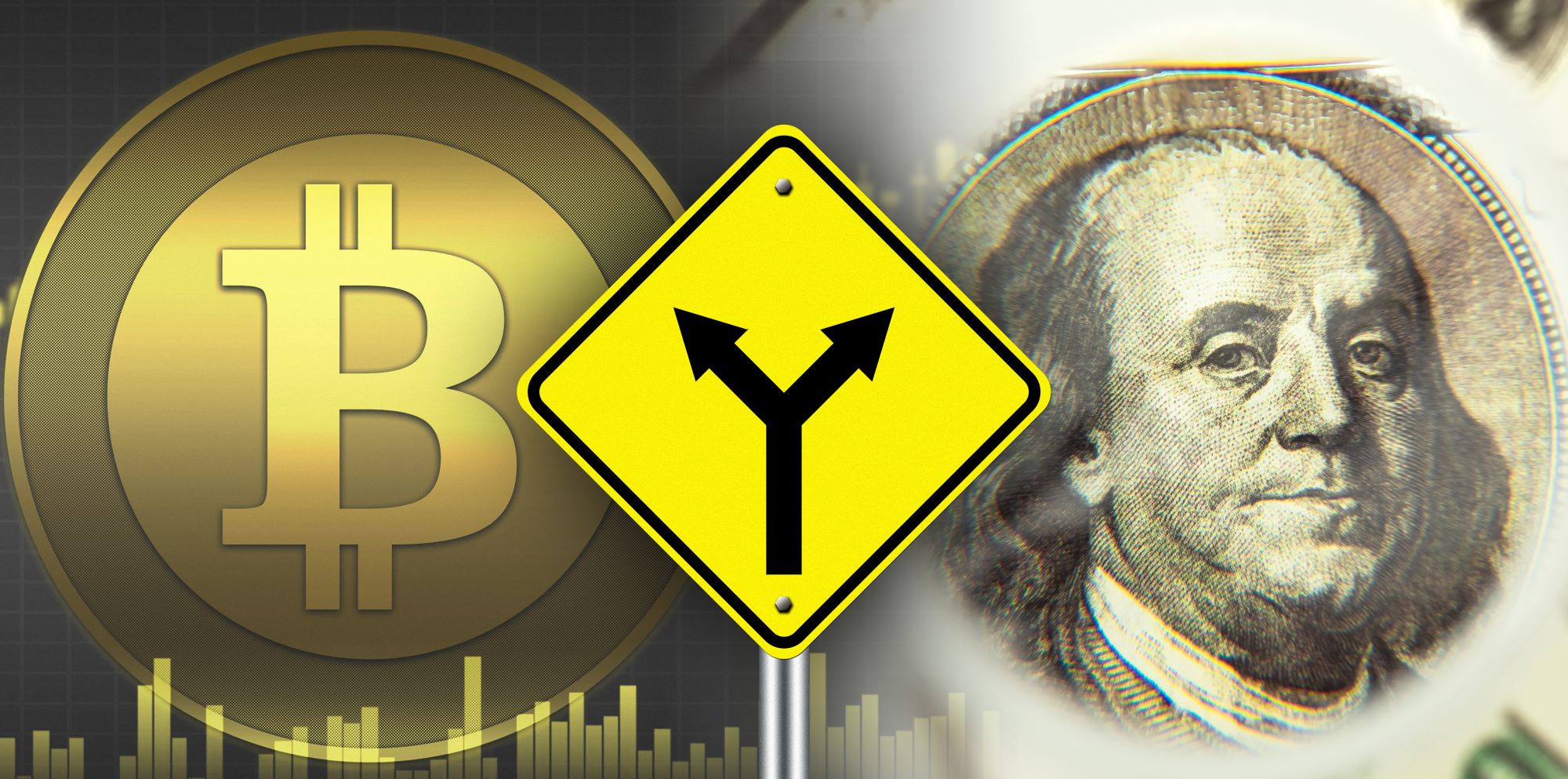
The Influence of Big Banks on Crypto Regulation
Understanding the Vested Interests of Big Banks in Traditional Financial Systems
As an avid follower of the crypto industry, it is essential to grasp the influence that big banks wield in shaping regulatory policies concerning cryptocurrencies. Big banks, with their long-established presence in the traditional financial systems, have vested interests in maintaining their dominance and protecting their market share.
These financial institutions have built intricate networks and revenue streams around the existing banking infrastructure. The disruptive nature of cryptocurrencies poses a potential threat to their established business models, prompting big banks to closely monitor and influence the regulatory environment surrounding the crypto industry.
Analyzing the Potential Threat Posed by the Rise of Cryptocurrencies to the Existing Banking Infrastructure
The rapid rise of cryptocurrencies has raised concerns among big banks regarding the potential impact on the existing banking infrastructure. Cryptocurrencies offer decentralized and borderless financial solutions, challenging the centralized control traditionally held by big banks.
The innovative blockchain technology that underpins cryptocurrencies allows for peer-to-peer transactions and eliminates the need for intermediaries. This threatens the intermediation role played by banks, such as facilitating transactions, providing loans, and managing custodial services.
Furthermore, the growing popularity of cryptocurrencies as a store of value and means of exchange has the potential to divert funds away from traditional banking channels. This shift in financial behavior could undermine the profitability and relevance of big banks in the long run.
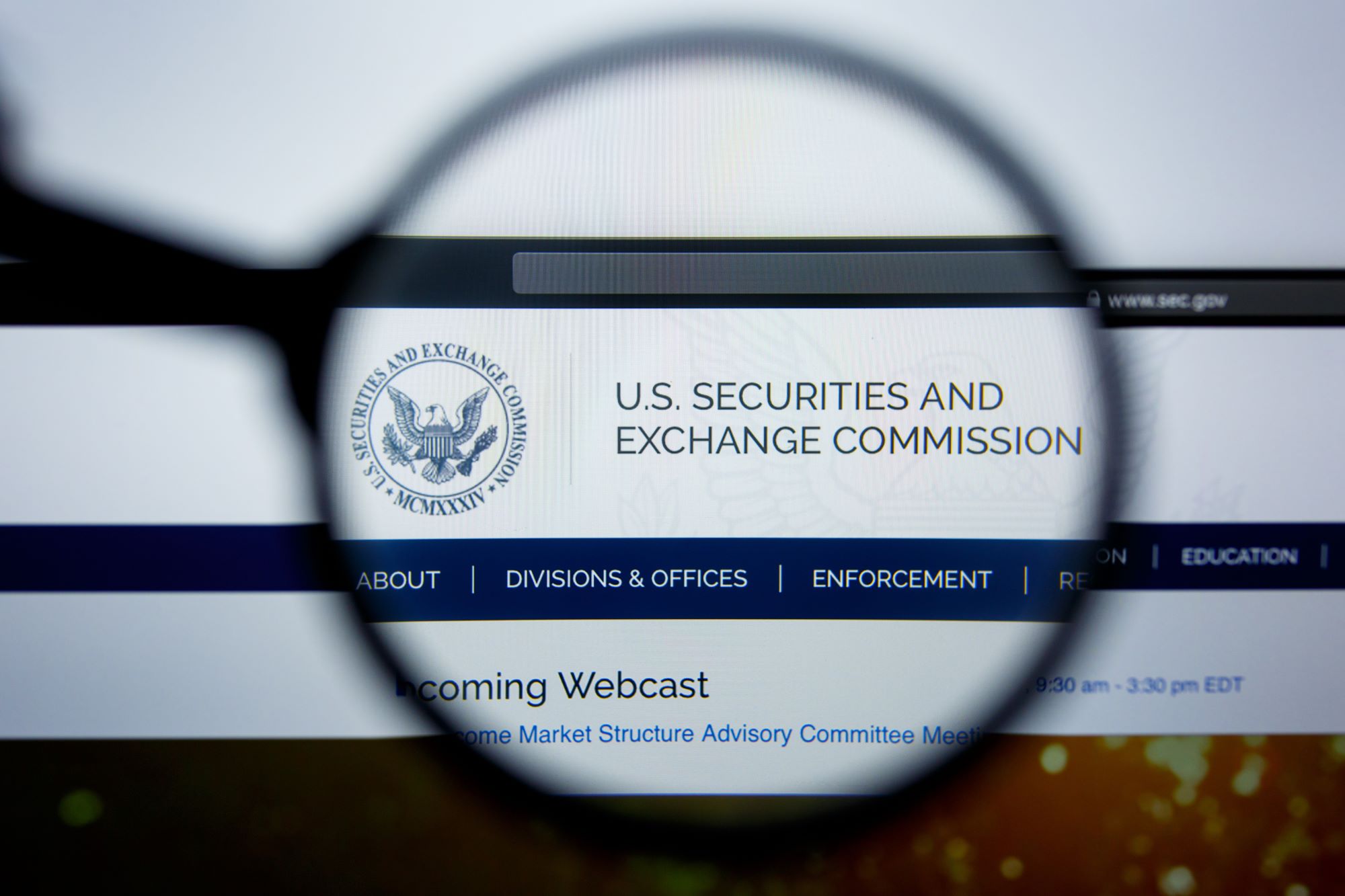
Examination of the Alleged Collaboration Between Big Banks and the USA SEC to Curtail the Crypto Industry’s Growth
Examination of the Alleged Collaboration Between Big Banks and the USA SEC to Curtail the Crypto Industry’s Growth
There have been allegations of collaboration between big banks and regulatory bodies like the USA Securities and Exchange Commission (SEC) to stifle the growth of the crypto industry. Critics argue that this collaboration serves the interests of big banks by creating regulatory hurdles and stifling competition from crypto platforms.
The alleged collusion suggests that big banks leverage their influence and lobbying power to shape regulatory policies that favor their position in the financial ecosystem. By impeding the growth and adoption of cryptocurrencies, big banks may seek to maintain their dominant role and protect their market share.
While these allegations raise concerns about fair market practices and potential anti-competitive behavior, it is important to approach them with a critical mindset. Further investigation and transparency are necessary to discern the extent of any collaboration and its impact on the crypto industry.
Big banks exert a significant influence on the regulation of cryptocurrencies due to their vested interests in the traditional financial systems. The rise of cryptocurrencies poses a potential threat to the existing banking infrastructure, prompting big banks to closely monitor and influence the regulatory landscape. Allegations of collaboration between big banks and regulatory bodies warrant careful examination to ensure fair market practices and foster healthy competition within the crypto industry. Understanding these dynamics enables investors and enthusiasts to navigate the evolving regulatory environment and make informed decisions.
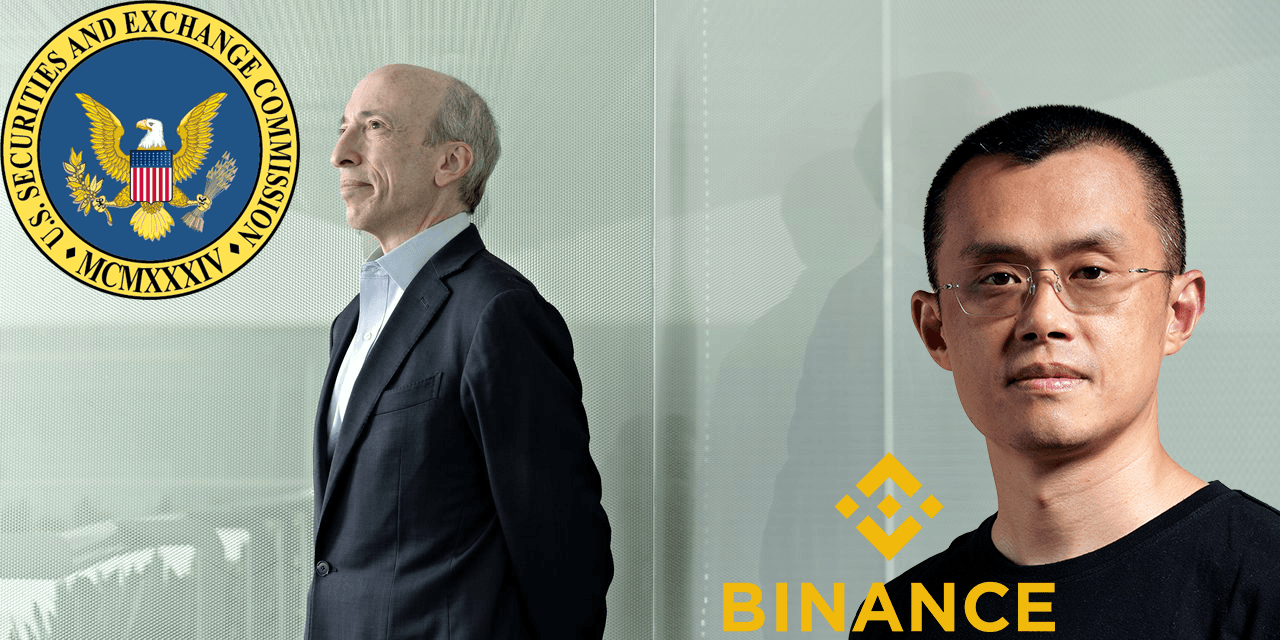
Unraveling the Motives: Why the USA SEC Targets CZ and Binance
The Rise of CZ and Binance as Influential Players in the Crypto Ecosystem
CZ and Binance have emerged as influential figures and prominent crypto exchange, respectively, within the dynamic and fast-paced world of cryptocurrencies. Their innovative approach and commitment to providing a user-friendly platform have propelled them to the forefront of the industry. However, this rise to prominence has also drawn the attention of regulatory bodies, most notably the USA Securities and Exchange Commission (SEC).
The Potential Disruption Posed by Binance’s Innovative Offerings to Traditional Financial Intermediaries
Binance’s forward-thinking approach and innovative offerings have the potential to disrupt the traditional financial intermediaries that have long dominated the financial landscape. By introducing a comprehensive ecosystem of crypto-related services, Binance has empowered users and challenged the established order. This disruption poses a significant threat to traditional financial institutions, including big banks, which may view Binance’s offerings as encroaching upon their market share and traditional business models.
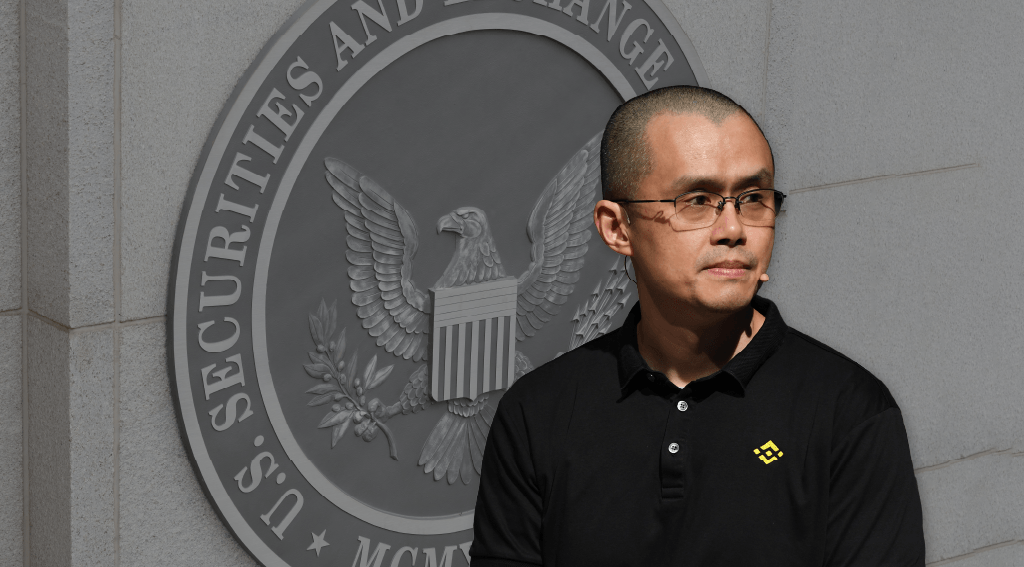
Allegations of Unfair Treatment and Selective Enforcement Against CZ and Binance by the USA SEC
The recent actions taken by the USA SEC against CZ and Binance have sparked allegations of unfair treatment and selective enforcement. In their press release with title: SEC Files 13 Charges Against Binance Entities and Founder Changpeng Zhao , the SEC has charged Binance and its founder with multiple securities law violations, including operating unregistered exchanges and broker-dealers, misrepresenting trading controls, and engaging in the unregistered offer and sale of securities. While the SEC’s charges suggest violations of securities laws, some critics argue that the focus on CZ and Binance appears disproportionate compared to similar actors in the industry.
The allegations of unfair treatment and selective enforcement raise questions about the motivations behind the SEC’s actions. Skeptics believe that the SEC’s actions may be influenced by the vested interests of big banks and traditional financial intermediaries, who may perceive CZ and Binance as threats to their established dominance in the financial sector. By collaborating with regulatory bodies, these traditional players could potentially undermine the growth and influence of CZ and Binance in the crypto industry.
It is crucial to note that the SEC’s charges against CZ and Binance are based on their alleged violations of securities laws. The allegations of unfair treatment and selective enforcement should be examined carefully within the context of regulatory consistency and the SEC’s mandate to protect investors and maintain market integrity.
The rise of CZ and Binance in the crypto ecosystem has attracted the attention of regulatory bodies such as the USA SEC. The potential disruption posed by Binance’s innovative offerings to traditional financial intermediaries, coupled with allegations of unfair treatment and selective enforcement, has fueled speculation about the motives behind the SEC’s targeting of CZ and Binance. By critically analyzing these motives, we can gain a deeper understanding of the evolving regulatory landscape and its impact on the crypto industry as a whole.
Implications for the Crypto Industry and Market Participants
The Effect of Regulatory Actions on the Overall Market Sentiment Towards Cryptocurrencies
As regulatory actions, such as those taken by the USA Securities and Exchange Commission (SEC) against CZ and Binance, unfold within the crypto industry, it is natural for market sentiment to be affected. Investors and participants closely monitor regulatory developments, as they can significantly impact the perceived stability and legitimacy of cryptocurrencies.
Unfortunately, the regulatory landscape has often been characterized by uncertainty and inconsistency, leading to market volatility and investor apprehension. The actions taken by regulatory bodies can create an environment of fear and doubt, which can erode trust in the crypto market. Consequently, market sentiment may become increasingly cautious, and potential investors may hesitate to enter the space.
It is important to recognize that while regulatory oversight is necessary for consumer protection and market integrity, excessive or inconsistent regulation can stifle innovation and hinder the growth of the crypto industry. Striking the right balance between regulation and fostering innovation is crucial for the long-term success of the crypto market.
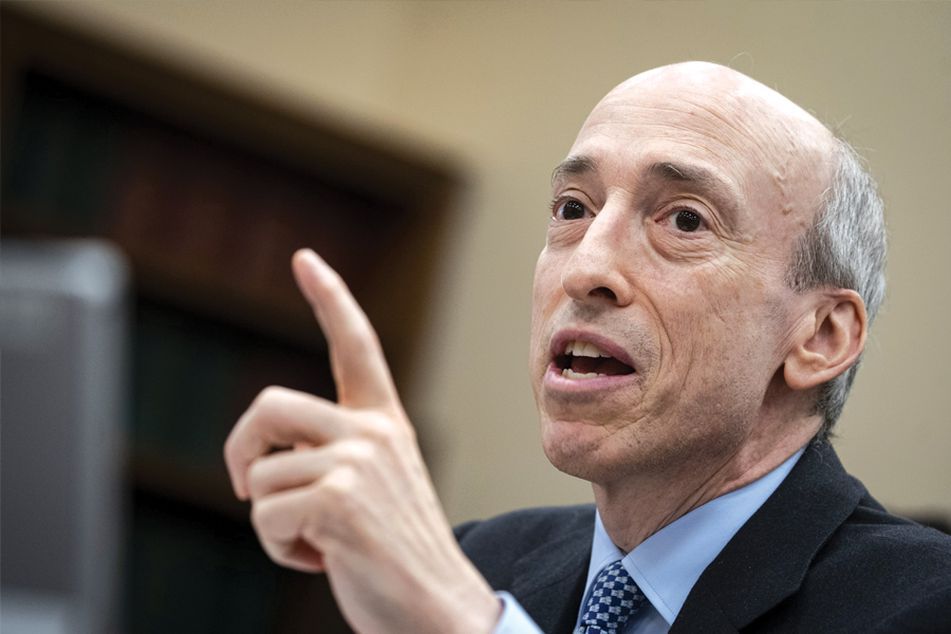
The Potential Consequences for Other Crypto Platforms and Investors
The targeting of CZ and Binance by the SEC raises concerns about the potential consequences for other crypto platforms and investors. If regulatory actions against prominent players in the industry are perceived as excessive or unfair, it can create a chilling effect on the entire ecosystem. Other crypto platforms may feel compelled to reevaluate their operations and compliance measures, potentially impacting their ability to provide services to users.
Moreover, investors may become more hesitant to participate in the crypto market, fearing that they could also face regulatory scrutiny or unfair treatment. This reluctance to invest could impede the growth of the industry and limit the potential for financial inclusivity and democratization that cryptocurrencies promise.
The Significance of Fostering Collaboration and Dialogue Between Regulators, Big Banks, and Crypto Industry Participants
In navigating the complex regulatory landscape, fostering collaboration and dialogue between regulators, big banks, and crypto industry participants is essential. A more open and transparent line of communication can help bridge the gap between traditional financial institutions and the crypto industry, fostering mutual understanding and cooperation.
By actively engaging in constructive dialogue, regulators can gain deeper insights into the workings of the crypto industry, addressing concerns without stifling innovation. Similarly, crypto industry participants can contribute their expertise and insights to help shape regulations that strike a balance between investor protection and fostering growth.
However, it is important to remain critical of the motives and actions of regulatory bodies and big banks. While collaboration is crucial, it should not come at the expense of stifling innovation or favoring traditional financial intermediaries over emerging players. The crypto industry has the potential to revolutionize finance and create more inclusive systems, and it is important to safeguard these ideals in the face of regulatory challenges.
The regulatory actions taken against CZ and Binance have far-reaching implications for the crypto industry and market participants. These actions can influence market sentiment, impact other crypto platforms and investors, and shape the future trajectory of the industry. By fostering collaboration and dialogue between regulators, big banks, and crypto industry participants, we can strive towards a regulatory framework that balances investor protection with innovation, ensuring the long-term success and growth of the crypto market.

Exploring the Path Forward: Potential Solutions and Future Outlook
Advocacy for Clear Regulatory Frameworks that Strike a Balance between Innovation and Investor Protection
As the crypto industry continues to evolve, it is crucial to advocate for clear and well-defined regulatory frameworks that strike a balance between fostering innovation and protecting investors. Regulatory clarity provides certainty for market participants, enabling them to navigate the evolving landscape with confidence.
However, it is important to critically assess the regulations proposed by regulatory bodies such as the SEC and their potential impact on the crypto industry. Excessive or restrictive regulations can stifle innovation and hinder the growth of decentralized technologies. Therefore, it is essential for regulators to collaborate with industry experts and stakeholders to develop regulations that address legitimate concerns while fostering an environment of innovation.
The Role of Self-Regulation and Industry Standards in Building Trust and Credibility
In addition to external regulations, the crypto industry can also benefit from self-regulation and the establishment of industry standards. Self-regulatory initiatives can demonstrate the industry’s commitment to responsible practices and help build trust and credibility among investors and regulators.
By proactively developing and adhering to industry standards, crypto platforms can demonstrate their commitment to transparency, security, and customer protection. This can play a significant role in mitigating concerns raised by regulators and traditional financial institutions.
Moreover, self-regulation can provide flexibility and adaptability to the rapidly evolving crypto landscape, allowing the industry to innovate while upholding ethical and responsible practices. Collaboration among industry participants, including exchanges, wallet providers, and other crypto service providers, is crucial in establishing and enforcing these self-regulatory standards.
The Need for Increased Transparency and Cooperation between Regulators, Big Banks, and Crypto Platforms
Transparency and cooperation between regulators, big banks, and crypto platforms are vital for the development of a healthy and thriving crypto ecosystem. It is essential for regulatory bodies to engage in open and constructive dialogue with industry participants, taking into account their expertise and insights.
Similarly, big banks should embrace the opportunities presented by cryptocurrencies rather than viewing them as a threat. By fostering collaboration and innovation, traditional financial institutions can harness the potential benefits of cryptocurrencies while ensuring compliance with regulatory requirements.
Furthermore, increased transparency from both regulators and big banks is necessary to build trust within the crypto industry. Clear communication of regulatory expectations and guidelines can help crypto platforms navigate the regulatory landscape more effectively, while transparent practices from big banks can foster greater confidence in their engagement with cryptocurrencies.
Path forward for the crypto industry lies in advocating for clear regulatory frameworks, embracing self-regulation and industry standards, and fostering transparency and cooperation among regulators, big banks, and crypto platforms. By striking a balance between innovation and investor protection, the crypto industry can continue to evolve and drive positive change in the financial landscape. It is essential for all stakeholders to work together to create an environment that supports innovation, safeguards investor interests, and ensures the long-term success of cryptocurrencies.

Recap of Key Findings Regarding the Alleged Coordination Between the USA SEC, Big Banks, and Their Impact on Crypto, CZ, and Binance
Throughout this investigation, we have delved into the alleged coordination between the USA SEC, big banks, and its potential impact on the crypto industry, specifically focusing on CZ and Binance. We uncovered several key findings that shed light on the complex dynamics at play:
- The rise of CZ and Binance: We examined how CZ and Binance emerged as influential players in the crypto ecosystem, disrupting traditional financial intermediaries with their innovative offerings.
- Potential disruption to traditional financial institutions: We analyzed the potential threat posed by Binance’s innovative products and services to traditional financial institutions, which may have motivated certain actors to take actions against them.
- Allegations of unfair treatment and selective enforcement: We explored the allegations made by the SEC against CZ and Binance, including operating unregistered exchanges, misrepresenting trading controls, and the unregistered offer and sale of securities.
It is crucial to note that these findings are based on the information available at the time of this investigation and should be approached with an open and critical mindset. Further developments and investigations may provide additional insights and perspectives on the matter.
Encouragement for Further Research and Dialogue to Address the Complex Relationship between Regulators, Financial Institutions, and the Crypto Industry
The alleged coordination between regulators, big banks, and the crypto industry raises significant questions and concerns that warrant further research and dialogue. It is essential for researchers, industry experts, regulators, and stakeholders to engage in constructive discussions to understand the intricacies of this relationship and its implications.
Open dialogue can help bridge the gap between the crypto industry and regulatory bodies, fostering a better understanding of the potential benefits and risks associated with cryptocurrencies. It also provides an opportunity to address concerns raised by regulators while advocating for fair and balanced regulations that support innovation and investor protection.
Additionally, more research is needed to examine the potential influence and motivations of big banks in shaping crypto regulations. By critically analyzing the actions and positions of various stakeholders, we can gain a deeper understanding of the complex interplay between traditional financial institutions and the emerging crypto landscape.
The alleged coordination between the USA SEC, big banks, and its impact on the crypto industry is a topic that requires ongoing research, critical analysis, and open dialogue. By engaging in these efforts, we can strive for a more transparent, inclusive, and balanced regulatory environment that supports the growth and development of cryptocurrencies while safeguarding the interests of investors and market participants.
